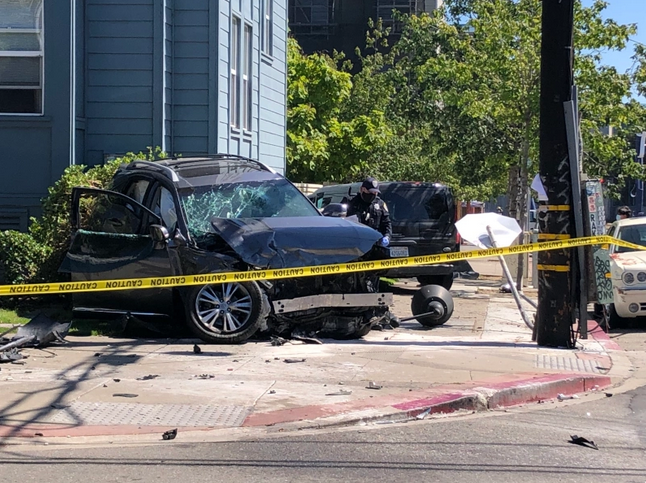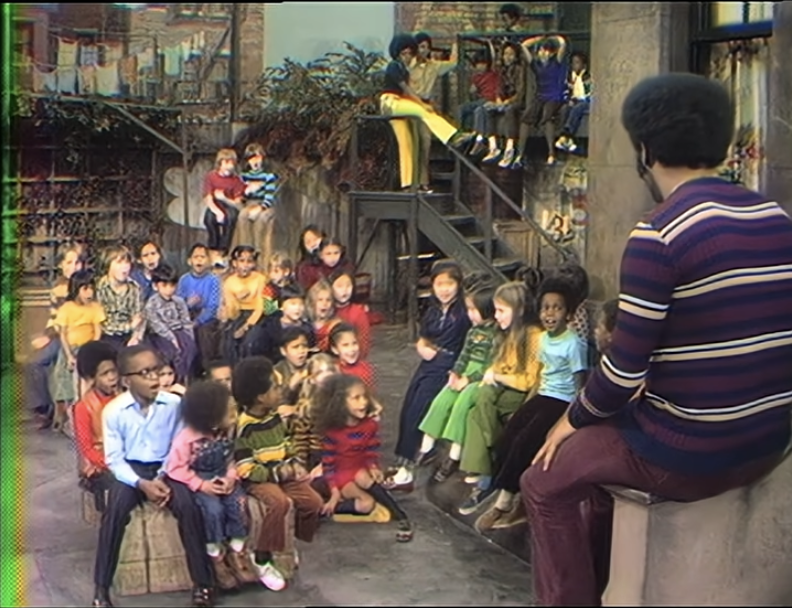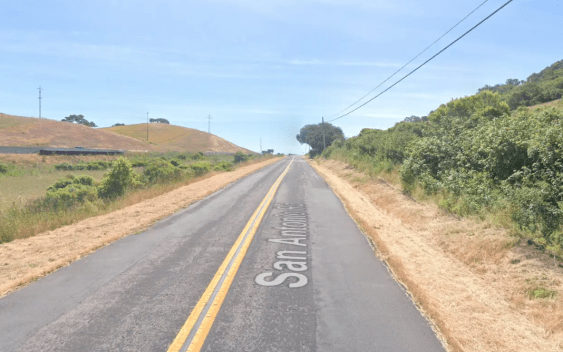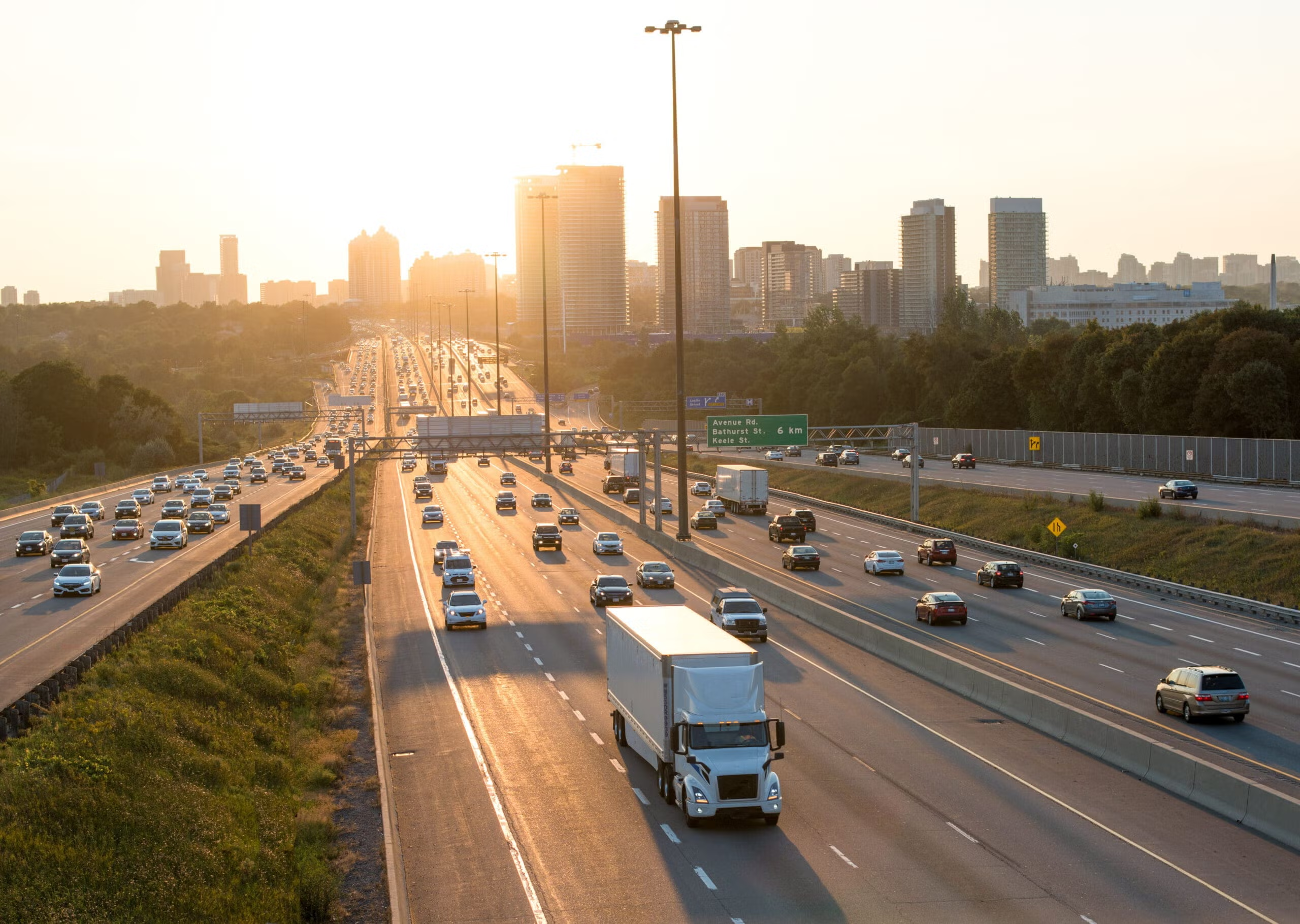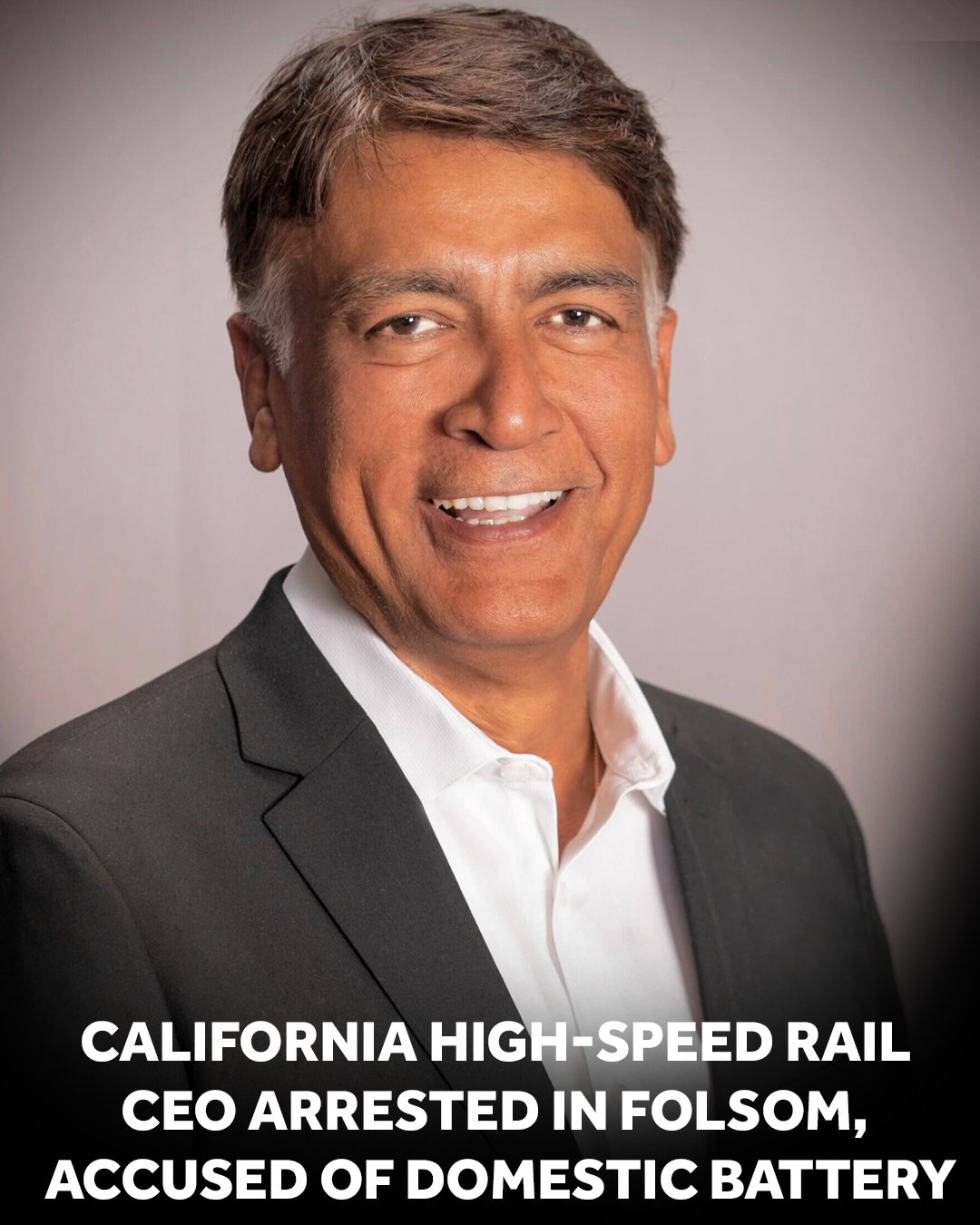San Francisco District Attorney Chesa Boudin was recalled Tuesday by some sixty percent of San Francisco voters.
The recall would normally be outside of Streetsblog's bailiwick, except that the political campaign focused on the case of Troy McAlister, a parolee with multiple arrests, including car theft. McAlister was driving drunk in another stolen car on New Year's Eve when he ran a red light and killed pedestrians Elizabeth Platt, 60, and Hanako Abe, 27.
That tragedy was a Willie Horton moment, the argument being that, if not for Boudin, McAlister would have already been in jail.
McAlister was an extreme case. But as a cyclist and pedestrian, I'm just as frightened of the "regular" scofflaw criminals I see every day looking at their phones or otherwise not paying a lick of attention while operating a two-to-five-ton vehicle. As individuals they may not be as dangerous as a hard-core criminal such as McAlister, but they're far, far more numerous.
There's also far less criticism, except on the pages of Streetsblog, of the lack of law enforcement or serious prosecution for reckless driving, even when it results in a crash. Take, for instance, Phyllis Meehan, a speeding driver in Lafayette who ran down and killed a school crossing guard last year. Although she pled guilty to charges of operating her SUV with "gross negligence," she was sentenced only to a year of probation. Her license will be suspended during that time. No jail for killing someone, and she gets to drive again in a year? The same DA, Contra Costa's Diana Becton, didn't even charge a distracted driver who swerved into a bike lane in San Ramon and killed cyclist Gregg Knapp in September.
Meanwhile, in Oakland, police aren't filling charges against the motorist who killed cyclist Jonathan Waters, who apparently was hit when he turned left at Shattuck Avenue and 55th. Did police check if the motorist who hit Waters was speeding? I've emailed the Oakland police and will update this post. I also hope to find out more during this evening's vigil at the location. As previously reported, police typically do superficial investigations of traffic violence, and are quick to exonerate drivers and blame victim-cyclists, who are often unable to give their side of the story.
For the record, I'm opposed to recalls in principle: unless a politician is caught with their proverbial hand in the cookie jar, clearly violating their oath of office, then voters should wait until the next election. Columnist Heather Knight writes that the Boudin recall is a sign that people are fed up with urban dysfunction and the lack of law enforcement and prosecution of street crimes such as drug dealing and break-ins. If that's so, then nowhere is there more lawlessness and dysfunction, with immediate and severe consequence for the innocent, than in the realm of motor vehicle enforcement. How many times has this publication reported on drivers parking in bike lanes (an incredibly dangerous act that gets downplayed by motorists), blocking crosswalks, driving while their face is buried in a cell phone, and even assaulting cyclists? And they do so with total impunity even though--as the McAlister case demonstrates with tragic clarity--reckless driving destroys lives just as readily as guns and drugs.
If the general political read on Tuesday's election is correct, then prosecutors who wish to respond by getting more aggressive on crime should start with traffic violence. Let's enforce speed limits and bike lane incursions and distracted, reckless driving fairly and consistently, but to the fullest extent of the law. And when motorists are caught on video assaulting cyclists, they should be thrown in jail and their licenses revoked for life.
But I suspect if that happens voters who supported the recall may suddenly find themselves on the opposite side of the law-and-order debate.
Join tonight's vigil for Jonathan Waters Wednesday at 5:30 p.m. at 55th & Shattuck in Oakland.
